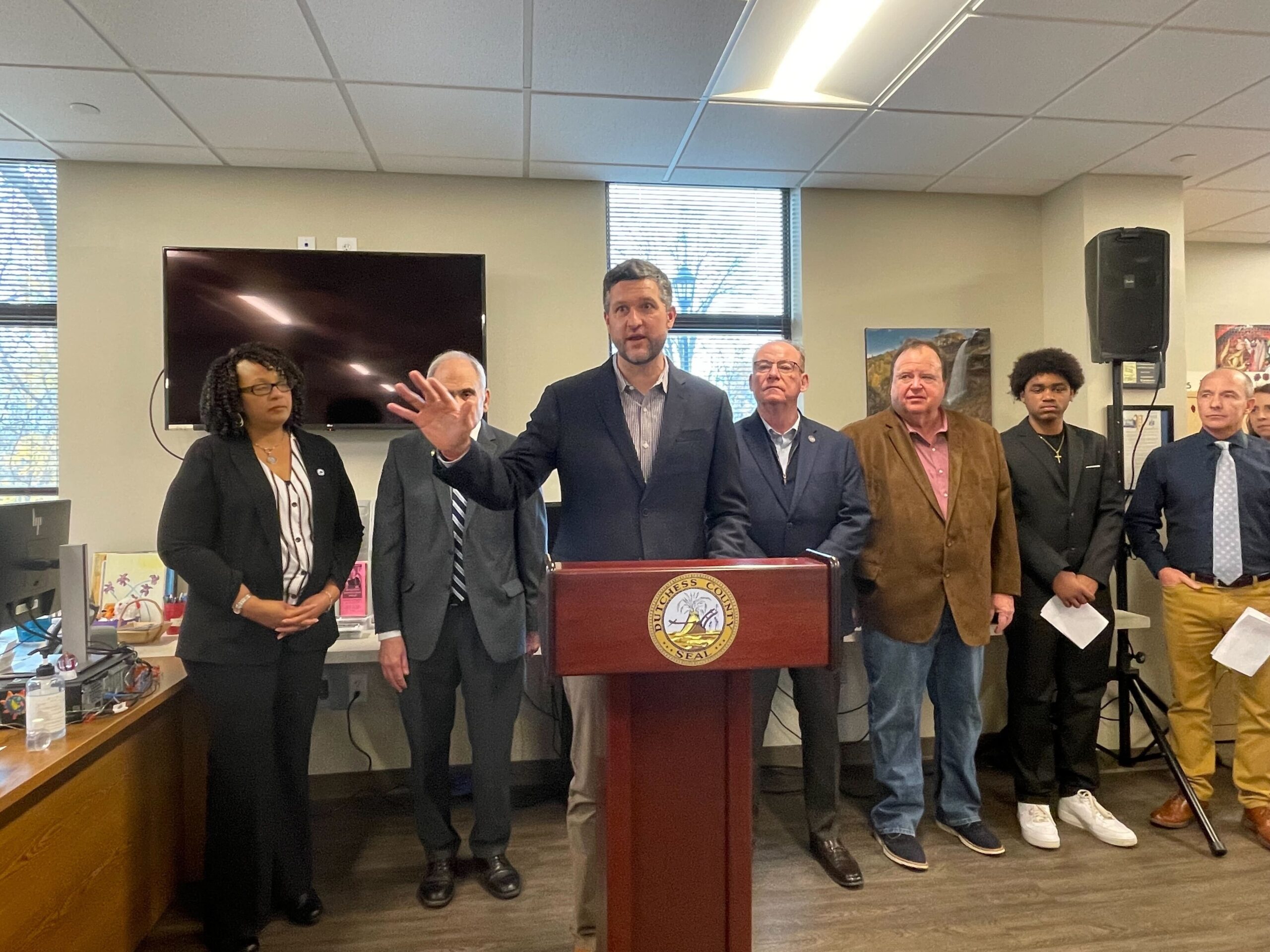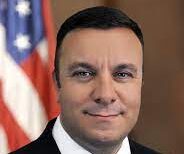Two Democratic state lawmakers, Assemblywoman Sarahana Shrestha (Esopus) and Senator Michelle Hinchey (Saugerties) have introduced legislation to create the Hudson Valley’s first-ever public power company. The proposed Hudson Valley Power Authority would replace Central Hudson. The lawmakers say the new agency could result in lower utility rates, make service more reliable, and bring other benefits such as environmental justice. “In the early 1900s, there was a prolonged fight in Ontario, Canada, about whether its new capacity for electricity should be owned by private utilities or the public. Private utilities lost the fight there, but they won across the border in New York,” said Shrestha. “There’s an inherent conflict between the profit motive and public interest that’s hurting ratepayers and utility workers alike.” Sarahana said the new proposal, “lays out a plan for creating a democratic and accountable energy utility that exists for the sole purpose of being in the service of our community.” For her part, Hinchey said while utility companies provide an essential service, the current utility model “prioritizes profits over people.” She said the legislation will be for the first time in the region, “a truly publicly owned utility through the Hudson Valley Power Authority” that is “guaranteed to have the backs of consumers and prioritize the transparent, dependable, and affordable service our residents deserve.” Similar publicly-owned utilities exist throughout the state, including the Long Island Power Authority and the New York Power Authority (NYPA), the largest state-owned power authority in the country. While the sponsors of the legislation see it as beneficial, studies about the benefits of municipalization of power transmission have been inconclusive at best. In 2023, lawmakers voted to create a commission to study converting to a fully municipal system on Long Island. The resulting report said that at most ratepayers could expect a 1 to 2 percent decrease in initial rates and that grid reliability was unlikely to improve. Additionally, from an operational and rate standpoint, public authorities have experienced many of the same struggles as private utilities. Joe Jenkins, Central Hudson director of media relations, said that “municipalization is not a solution” as New York undergoes a transformative period in its energy landscape. He said Central Hudson infuses “significant resources” into local communities including more than $60 million paid annually by the company in property taxes. Jenkins also said the electric and gas system was financed by private investors and borrowed capital. “A change in ownership would carry a substantial cost that would ultimately fall on residents in our communities,” he said.






